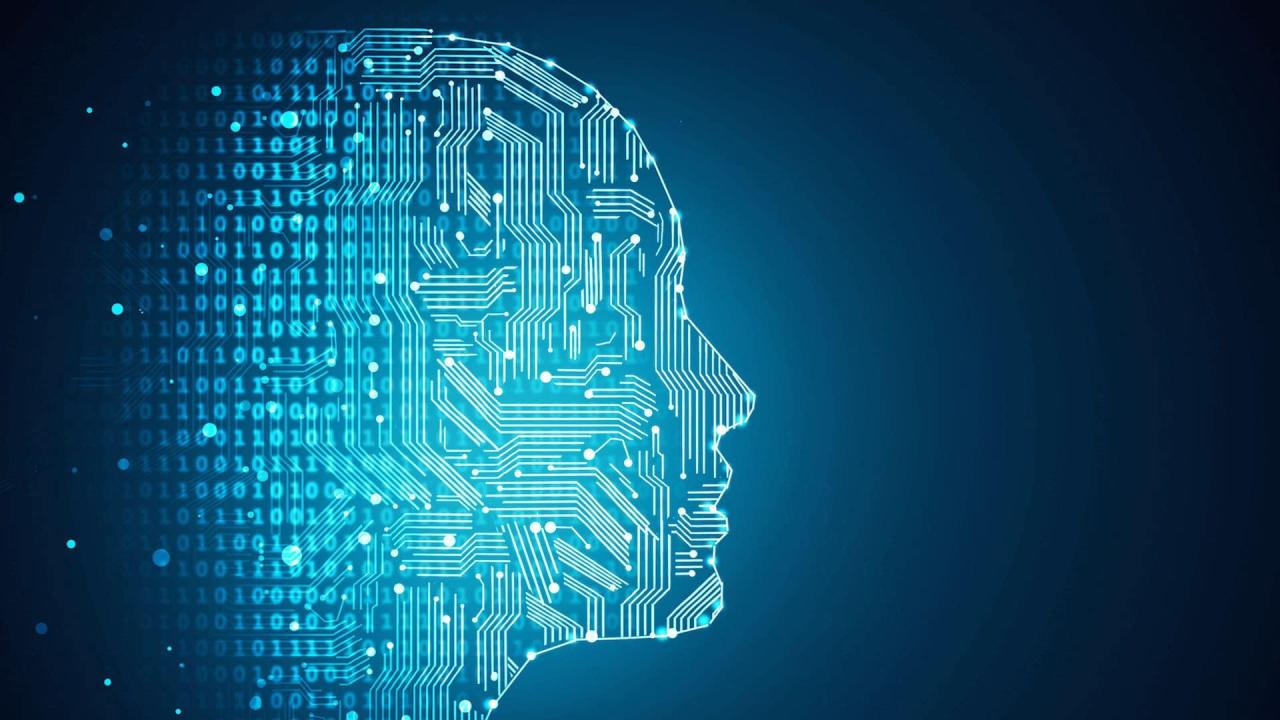
As technology advances, the use of autonomous weapons and artificial intelligence (AI) in warfare is becoming more prevalent. While these technologies have the potential to reduce the loss of human life, they also raise ethical concerns. In this article, we’ll explore the ethics of autonomous weapons and AI warfare, and the potential consequences of their use.
What are Autonomous Weapons?
Autonomous weapons are weapons that can operate without human control. These weapons use AI to make decisions about when and where to use force. Examples of autonomous weapons include drones and robots.
The Ethics of Autonomous Weapons
The use of autonomous weapons raises several ethical concerns:
- Lack of Accountability
Autonomous weapons operate without human control, which raises concerns about accountability. If an autonomous weapon causes harm, who is responsible for that harm?
- Lack of Human Judgment
Autonomous weapons make decisions about when and where to use force based on algorithms and data. This means that they lack human judgment, which raises concerns about the accuracy and appropriateness of their decisions.
- Potential for Misuse
Autonomous weapons have the potential to be misused, either intentionally or unintentionally. For example, an autonomous weapon could be hacked and used for malicious purposes.
What is AI Warfare?
AI warfare refers to the use of artificial intelligence in military operations. AI can be used for a variety of purposes in warfare, such as data analysis and decision-making.
The Ethics of AI Warfare
The use of AI in warfare raises several ethical concerns:
- Lack of Human Oversight
AI can make decisions about when and where to use force without human oversight. This raises concerns about the accuracy and appropriateness of these decisions.
- Potential for Bias
AI systems can be biased based on the data that is used to train them. This means that decisions made by AI systems could be biased against certain groups of people.
- Escalation of Warfare
The use of AI in warfare could lead to an escalation of conflict. For example, if one side uses AI in warfare, the other side may feel compelled to do the same in order to keep up.
The Potential Consequences of Autonomous Weapons and AI Warfare
The use of autonomous weapons and AI in warfare could have several consequences:
- Increased Loss of Life
The use of autonomous weapons and AI in warfare could increase the loss of life. For example, if an autonomous weapon makes a mistake, innocent civilians could be harmed.
- Dehumanization of Warfare
The use of autonomous weapons and AI in warfare could lead to the dehumanization of warfare. If decisions about when and where to use force are made by machines, it could be easier for humans to distance themselves from the consequences of their actions.
- Arms Race
The use of autonomous weapons and AI in warfare could lead to an arms race. Countries may feel compelled to develop and deploy these technologies in order to keep up with their adversaries.
Conclusion
The use of autonomous weapons and AI in warfare raises several ethical concerns. These technologies have the potential to reduce the loss of human life, but they also have the potential to increase it. As we continue to develop and deploy these technologies, it’s important that we consider their ethical implications and ensure that they are being used in a way that is consistent with our values and beliefs.